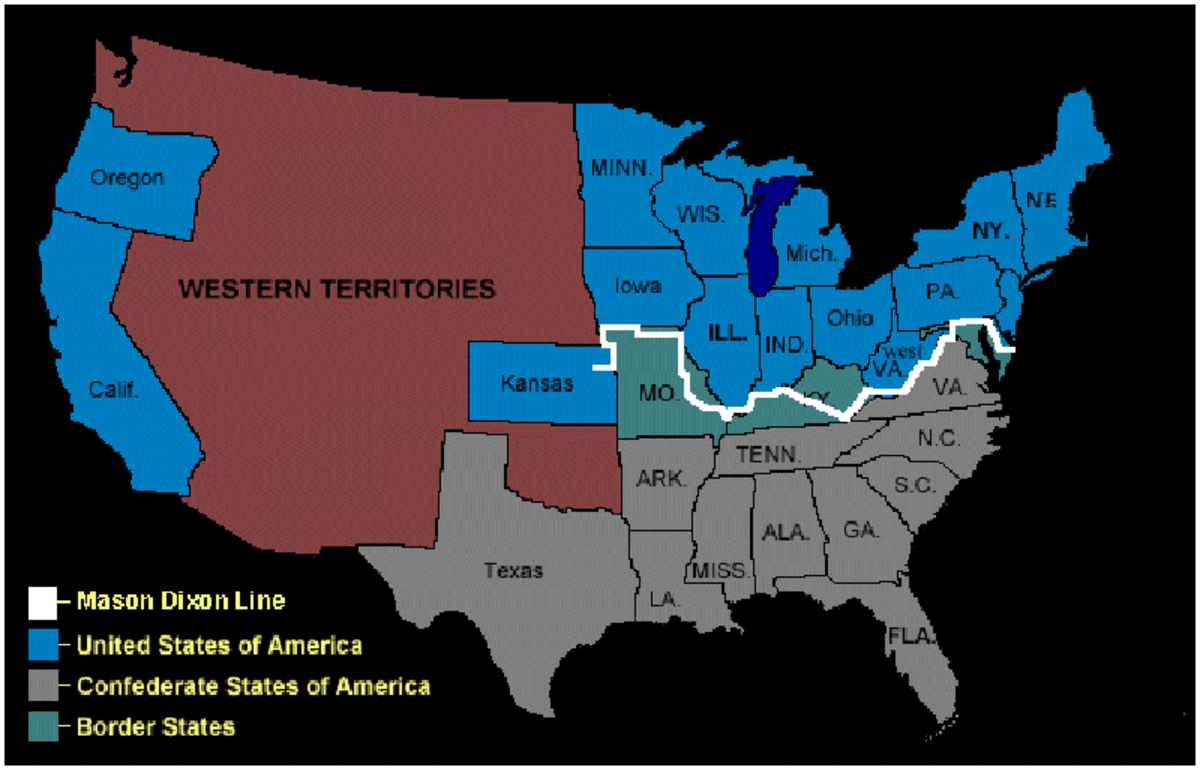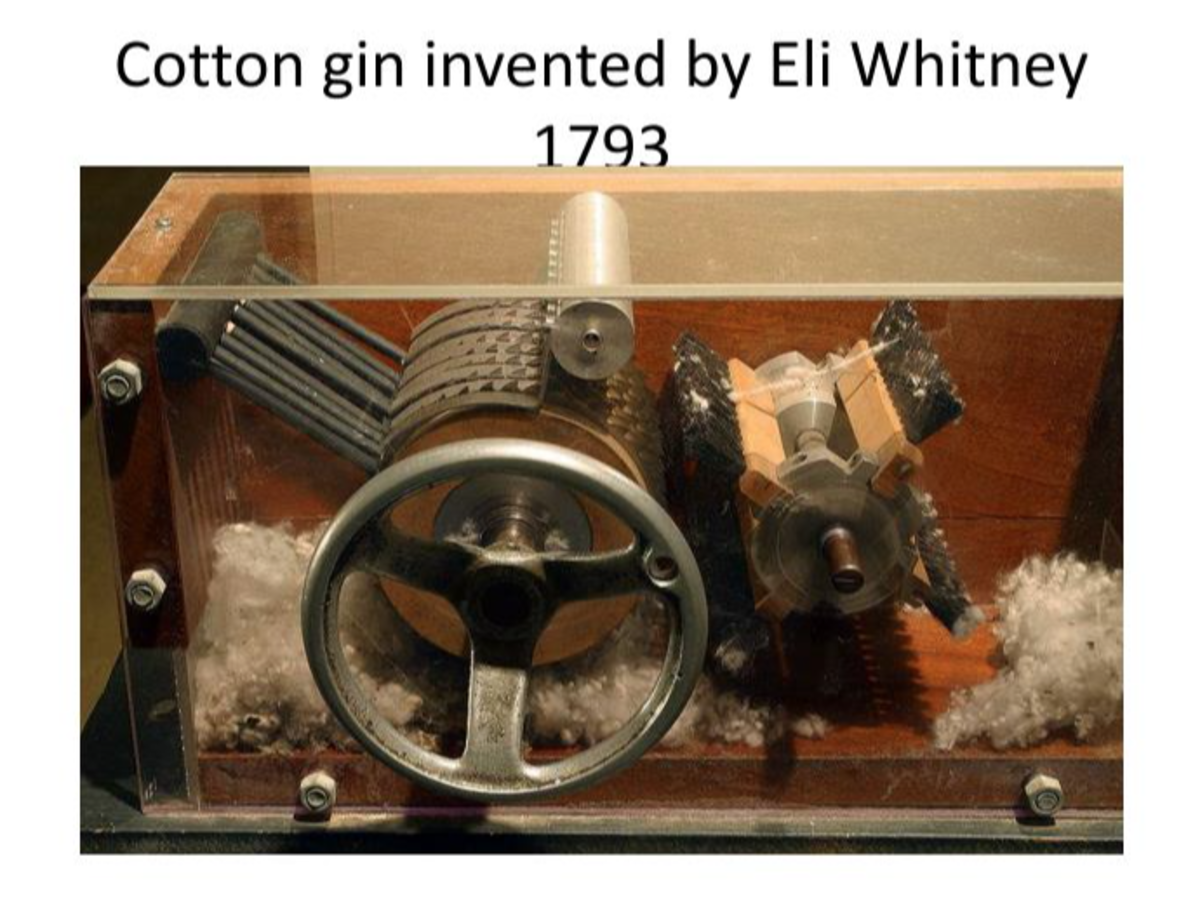Slavery in the USA
Just as it had endangered the Constitution Convention; the debate over slavery threatened to break the young nation apart in the early 1800's. For a time, the North and the South were able to postpone the conflict through a series of fragile compromises, but the problem remained unresolved". (AMPU, p. 310).
Although slavery was a big and probably the most serious issue if wasn't the only reason. Even though we don't hear much about this reason. This arguement is over the State's rights. The South insisted that the states should have more rights in Congress, the central governing body of the United States. North agreed that state government should have lots of right, but wanted to have a kind of government that was stronger and more powerful than states.
When Southerners met with Northerners, Southerners had some powerful evidences to support the correctness of slavery. One of these powerful evidences was the Bible. They opened it up and pointed to different verses. Not such a good evidence was that since they had a little different skull, wide lips and black, hard, and curly hair.
There were many reasons why the north was against slavery and why the South was for slavery. First of all one has to know that the northern states were industrial states especially after the industrial revolution. North had very few farms and even those weren't very good, so they didn't need slaves. On the contrary southern states like Alabama, Arkansas, Lousiana, Texas and Missouri were covered almost compeletly with plantations. Although the owners of the plantations and the slaves, who were mostly blacks, didn't wan't to stop slavery and the North couldn't accept the fact that the fate of the plantations depended on the slaves.
Since the slaves worked on cotton plantations which were fifty percent of all U.S. exports by this time and since cotton plants were grown throughout most of the South, Southern economy depended on slavery.
In the 1800's the tension between the northern and the southern states over the issues of slavery and many other issues grew thight which finally resulted in the split of the "young nation".
In the South all people hated and looked down on black people, especially slaves. Even the poorest whites. This has a physcological reason behind it which can be summed up in the fact that people need someone to have it worse than they do.
There were some things about black that made people look down on them, but the whites had some fears about them too. Only the most wealthy people who had plantations could afford slaves. Since slaves were very valuable and expensive, most of the white southerners were farmers who worked hard just to make a living somehow. They too looked down on blacks.
The correctness of slavery could, and often was supperted by political evidences. They called the Tenth amendment to kill all doubts on the correctness and lagalness of slavery. All this was powerful evidence too.
The northern United States had an industrial economy and there were no slaves. Southern economy was based on slaves. This resulted in a conflict between the northern and the southern states causing them to split making the United States split.
Useful Information
- Slavery, Slavery Museum, Slavery History, Slavery Art.
- Slavery in the United States - Wikipedia, the free encyclopedia
- Slavery in the United States | Economic History Services
- History of Slavery in America Infoplease.com
Follow the timeline to learn more about black history in America and the history of slavery in the United States.







